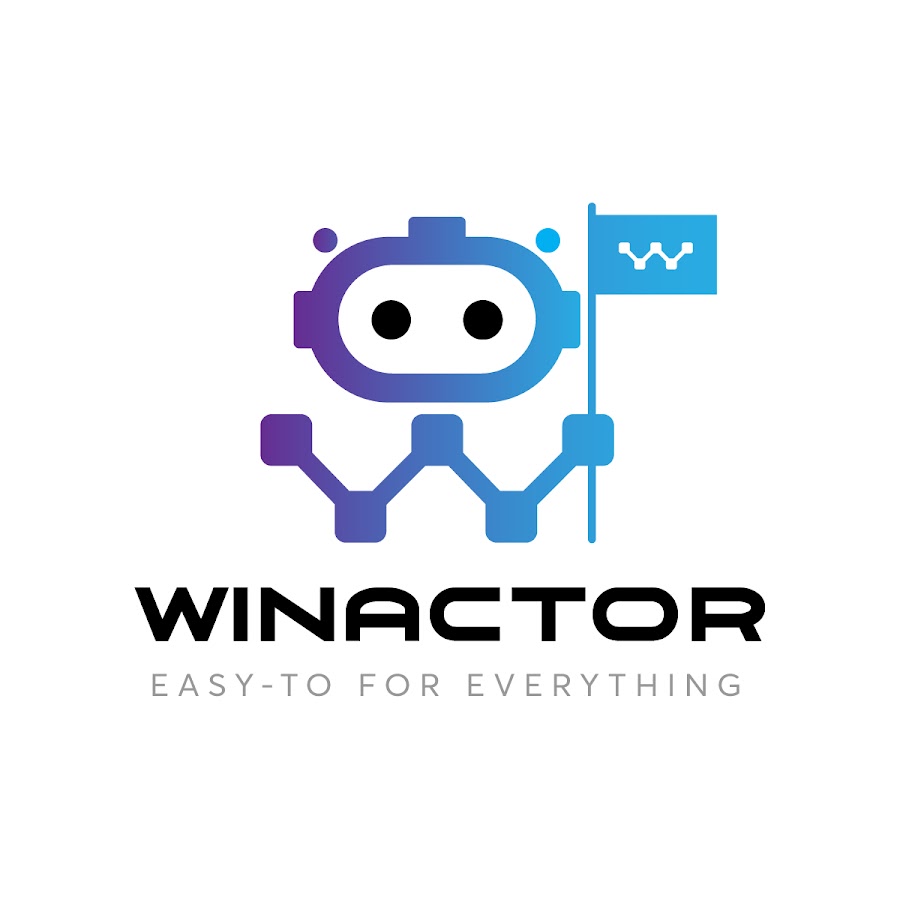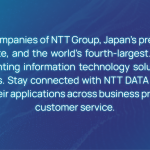An increasing trend in the business world is adopting robotic process automation RPA to optimize enterprise operations. What are the benefits that RPA Vietnam offers to companies, and how is it going in Vietnam?
A brief definition of RPA
RPA (Robotic Process Automation) is defined as a form of business process automation that takes advantage of metaphoric software robots (often referred to as bots) or artificial intelligence workers. The aim is to eliminate boring, time-consuming, and repeatable tasks; thus, workers can put time and effort into higher-value work. RPA technology designs software programs to use in process automation.
Normally, in most businesses that are a newbie to robotic process automation, the bots (software programs) are made to log into applications, visit a website, enter data, copy data, calculate and complete tasks. However, based on the company’s demand and the skill level of the IT team, the bots can become more complicated and complete more tasks.
RPA Vietnam Trends
There is no doubt that RPA has increasingly become a vital part of the business world, not only in Vietnam but also in different parts of the world. RPA Vietnam is a tech trend and also the fastest-growing IT field. For all the great advantages it brings to businesses, RPA is applied in many giants such as AT&T Deutsche Bank, American Express, Global Business Travel, Ernst & Young,…More and more big names in different industries are moving to RPA, making it a trustworthy technology that all companies want to apply. In Vietnam, several big companies have kept up with the current RPA Vietnam trend to increase the company’s competitive advantages, heighten workers’ productivity while decreasing the number of tasks for employees.
The global RPA market size was valued at $1.89 billion in 2021, and it is forecasted to worth $13.74 billion in 2028. This means that the growth rate of this technology field in 2021 – 2028 is 32.8% – a dreaming growth rate of any industry. (Source: https://www.grandviewresearch.com/industry-analysis/robotic-process-automation-rpa-market ). Some sectors with the highest part in the global RPA market share include BFSI; Information Technology and Telecom; Logistics, Energy, and Utilities; Pharma and Healthcare; Manufacturing; Retail and Consumer Goods and Communication, Media and Education. Vietnam, of course, is not out of the global robotic process automation trend for a large number of companies and manufacturers locating here. Vietnam is among the regions and nations that experience the highest RPA growth rate.
Vietnamese companies have successfully caught the global robotic process automation trend. The evidence is everywhere, especially in some giants. Those companies operating in the healthcare, banking, financing field have been applying this RPA tech in their businesses. This is to increase competition and labor productivity while decreasing pressure put on employees. According to a Vietnamese IT professional, the benefits of applying RPA in businesses are no doubt real. The benefits are demonstrated with the global RPA’s market capitalization of up to billions of dollars and an annual growth rate of more than 60%. Despite the ongoing economic fluctuations, robotic, and maximize process automation will replace humans in most repetitive tasks, and stimulate to achieve high accuracy, speed up operation, optimize human operations, and business resources to maximize work efficiency.

Why adopt RPA?
Companies can find many reasons to adopt robotic process automation technology. Overall, RPA technology will optimize and power up a business and a business while applying robotic process automation to be aware of what it can achieve with such technology.
Productivity growth
Normally, a robot backed by RPA technology focuses on just some specific tasks instead of working as a production line. Robotic process automation software can calculate, navigate and click through the screen in a few seconds, while it may take an employee a minute to look for some specific details. Of course, RPA technology cannot completely replace humans; however, the huge amount of time it creates is no doubt real. For instance, a robot can create a financial report in just 15 minutes, while this task normally takes an hour for staff to complete. Therefore, a business adopting RPA will experience a productivity boost.
Efficiency increase
An employee cannot work an 8-hour-working day without a break, but RPA technology can. Moreover, a robot never needs a vacation or gets a serious cough. A robot can work the same amount of tasks as two to five employees, meaning that the working hours saved would be 2 to 5 times more than an employee. Robots can complete more volume of working tasks at the same time. A staff needs about 10 minutes to open 60 mails while RPA software can complete it in just 1 minute. And if every task is optimized with robotic process automation technology, businesses will benefit a lot.
Achieve remarkable accuracy
There is always a chance of mistakes if humans take part in a task, but things are completely different regarding RPA technology. The power of robotic process automation technology is its ability to eliminate processing errors. Testing, training, and governance are still required for a bot, but in comparison to employees, bots completely can do a better job when it comes to accuracy.
Strengthen security
Another benefit that RPA technology offers to companies is security increase. Because bots work on a granular level and perform only single tasks, companies do not need to worry about manufacturing process leakage. Of course, Robots do not directly interfere with the database system, but through software with interfaces. All the data accesses are documented and under control to prevent any potential industrial espionage. However, this also raises a concern over human resources. RPA technology cannot completely replace humans; thus, demanding employees who can handle a workforce, including humans and machines.
More about WinActor – an RPA solution
WinActor is a software robot developed by NTT Group and its technologies and experiences have been proven by various achievements. As a comprehensive RPA technology, WinActor has been used by more than 4,400 companies worldwide. WinActor just entered the Vietnam market in 2017, but more and more businesses, including the most difficult ones, are using it as a solution to optimize their tasks. Governmental agencies also choose WinActor as an important tool to move to digital government.
RPA Vietnam is no doubt the hottest IT trend at the moment. By adopting robotic process automation in specific tasks, companies can get free from reluctant charges to spend their time and effort in more strategic works.

WinActor is an RPA software solution by NTT DATA Corporation to help businesses master technology, create breakthroughs in the digital age 4.0.





